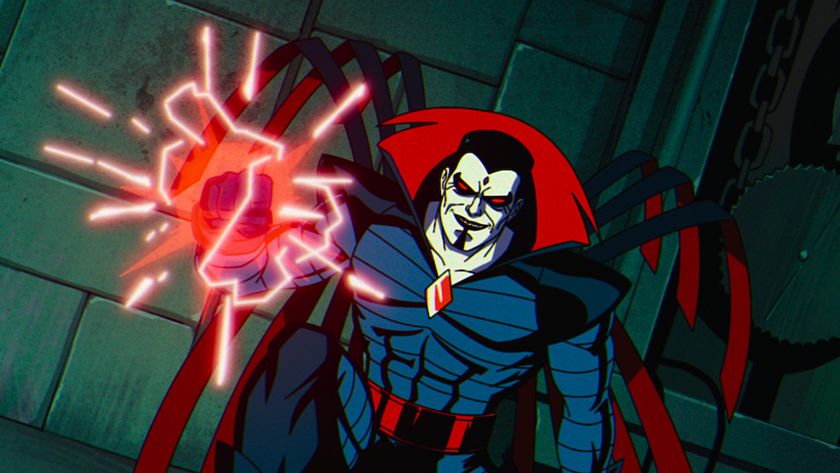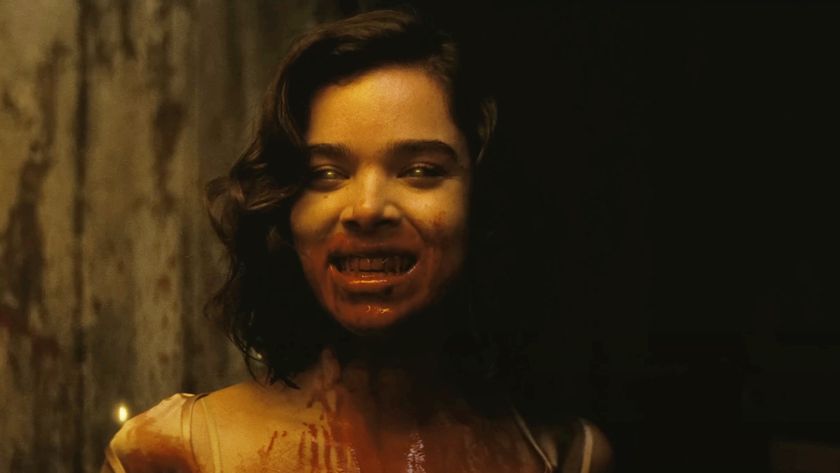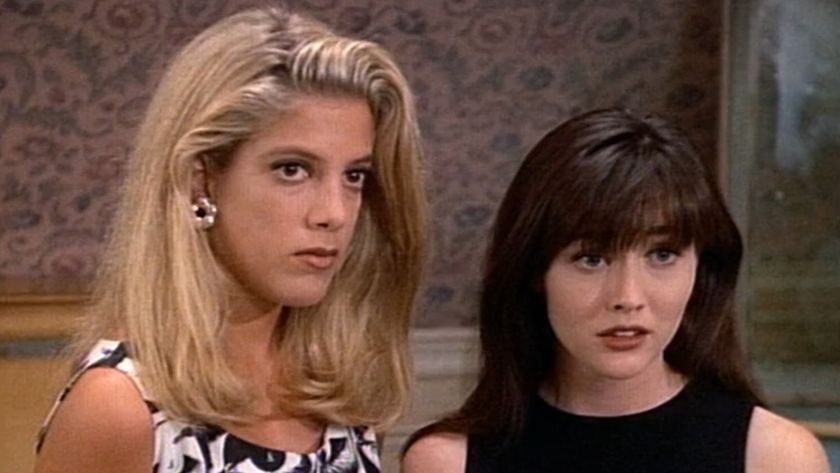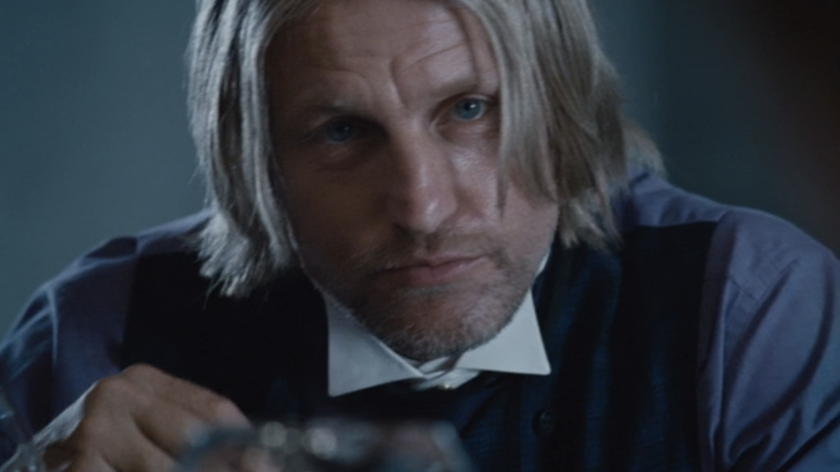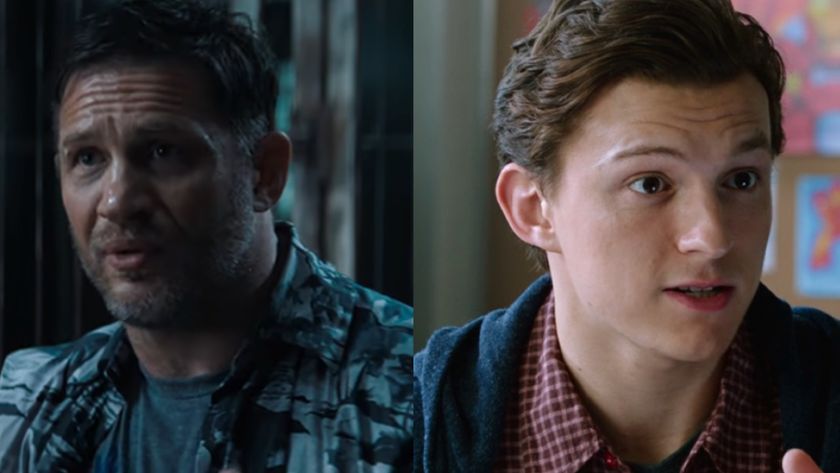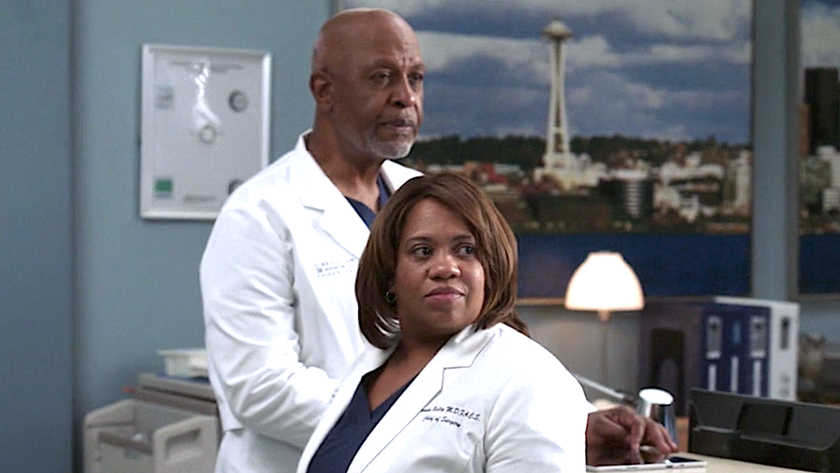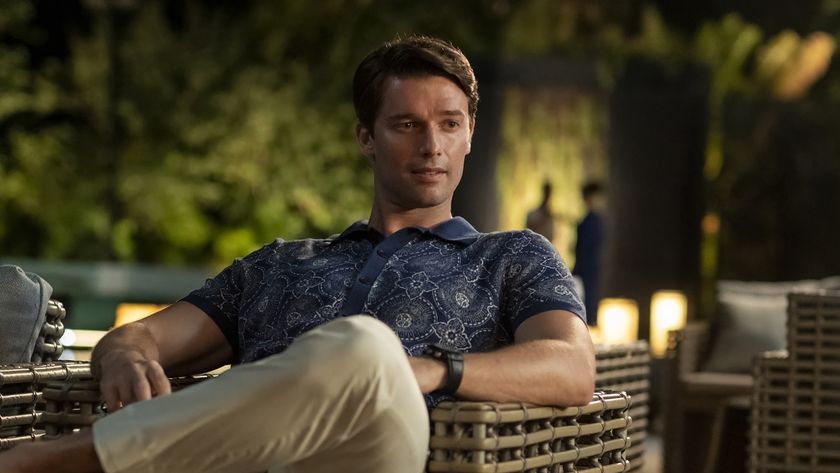In Defense Of Wolverine: Beating Back The Bad Reviews
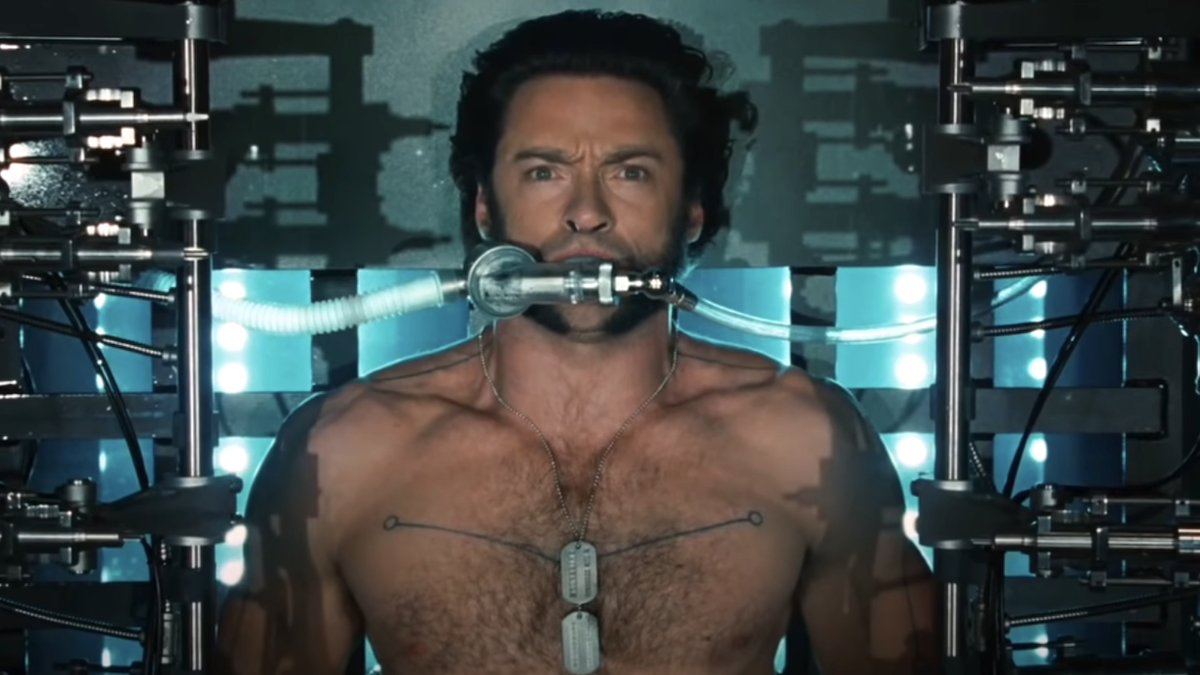
Fox’s latest superhero movie X-Men Origins: Wolverine is taking a pounding. Critics are currently ripping it apart with a savagery usually reserved only for Uwe Boll movies. The beast inside Wolverine has unleashed a feral animal inside the world’s most prominent reviewers, the claws are out, and Hugh Jackman is their target. The film currently holds a dismal 38% fresh ratting at RottenTomatoes.com, an average which is still plummeting. By comparison the last X-Men movie, widely regarded as a huge mistake, managed a 56% fresh rating among film critics. Wolverine’s dismal reviews put it in an elite class of awful superhero movies, alongside the likes of Elektra and Ghost Rider.
Critics have it in for Wolverine, but maybe some of us saw a different movie.
Audience response to Wolverine has so far, been remarkably positive. Users on IMDB have given it an average rating of 7/10. An impromptu poll currently being conducted among viewers on this site most definitely skews towards the positive. What’s more, on message boards and talkbacks around the web, the general feeling seems to be “hey this wasn’t that bad.”
Wolverine needs a defender. It’s not a perfect film, but it’s a far cry from Ghost Rider. Better this than the lifeless abortion that was X-Men: The Last Stand. Gavin Hood is not Brett fucking Ratner and his movie deserves a little more credit. Yet even Cinema Blend’s own Katey Rich called it “a bad, maybe even terrible movie” in her review. Katey you know I think you’re awesome but in this case, I respectfully disagree. You’ve all got it wrong.
In an almost certainly vain attempt to balance the scales, I’ll do my best to set things right by taking the naysayers on. Below I’m answering the critics whose opinions most represent the generally negative consensus on Wolvy. If you haven’t see X-Men Origins: Wolverine yet, you may want to stop reading right now. Spoilers will be involved.
Let’s start by picking on our own, generally spot on, Katey Rich who in her review takes aim at the film’s action sequences saying: “If you think all you need to enjoy a superhero film is some well-directed action, try suffering through Wolverine and Sabretooth's endless, pointless attempts to beat each other up.”
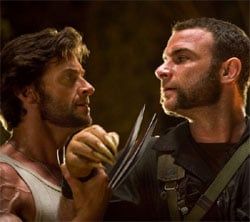
First let’s dispel this notion that these battles are pointless. I concur, action without purpose is a terrible sin. It’s one already committed excessively by Fast and Furious, the year’s previous big, actiony blockbuster. But I can’t agree that this is what’s going on here. Every one of Wolverine and Sabretooth’s confrontations are absolutely integral to the plot. This is a revenge story and Sabretooth is, at least for part of the film, the sole focus of Logan’s revenge. Wolverine’s desire to cut his head off is in large part, his motivation for everything that happens. Without Sabretooth to hunt and demolish, there is no movie. Yet it’s not as if the movie has nothing else to offer. Wolverine and Sabretooth’s battles are actually relatively short and never repetitive because they take place in such different circumstances. Their first truly big battle happens before Wolverine gets his metal skeleton, and it’s not so much a battle as an absolute beatdown for Wolverine at the hands of Sabretooth. Later they meet again, this time with Wolverine newly filled with Adamantium. That battle in particular matters since it rather aptly illustrates just how much Wolvy has changed. Earlier we watched Sabretooth demolish him, now a rebuilt Wolverine easily shreds his brother. Their battles not only serve the movie’s revenge plot, but they serve the dual purpose of illustrating what’s been done to our hero. Sabretooth is the stick against which Wolverine’s abilities are repeatedly measured.
CINEMABLEND NEWSLETTER
Your Daily Blend of Entertainment News
Now on to the venerable Roger Ebert, whose jockstrap I am absolutely not qualified to hold, but in this instance seems to have missed the point. Ebert says of Hugh Jackman’s character: “He never says anything witty, insightful or very intelligent; his utterances are limited to the vocalization of primitive forces: anger, hurt, vengeance, love, hate, determination. There isn't a speck of ambiguity.”
Granted, Wolverine isn’t big with the one liners. But do we want one-liners? As for ambiguity, this is a character who once worked for a brutal hit squad. A guy betrayed by everyone he loved. A man who murders his own father at a young age in a fit of rage. I’m not sure how you can watch him live the life he’s lived, full of pathos, and find no ambiguity. Sometimes he does the right thing, sometimes he can’t. But Ebert does seem to hit on the core of this character. Wolverine is a primitive force. He’s not Batman, driving around in the dark pondering the eternal meaning of good and evil. Nor is he Spider-Man, swinging through the air dispensing witty quips. He’s primal rage personified, tortured, and left to fend for himself. I guess it all comes down to whether you find that compelling. Wolverine fans do, Roger Ebert it would seem, don’t. His problems with the movie seem to be more a general dislike of the character, than anything director Gavin Hood has done in his film.
Ebert goes on to confirm his pre-meditated distaste of Jackman’s character by saying: “Why should I care about this guy? He feels no pain and nothing can kill him, so therefore he's essentially a story device for action sequences.”
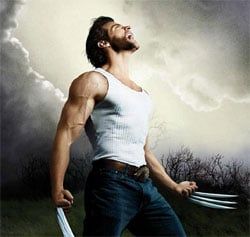
It’s this part of Ebert’s critique which is most confounding. Maybe Roger missed the scene in which before jumping out of a chopper Wolverine actually says, “This is gonna hurt.” Or maybe he missed the scene where Wolverine writhes in a tank full of water, burning in silent agony as his bones are all but ripped out of his body. This is after all a PG-13 movie, how much misery does Ebert need? The very essence of Wolverine’s powers is his ability to endure pain and keep on going. Besides, since when has our sympathy for someone been limited to his physical well being? Ultimately, that shouldn’t even matter. This is a film focused not on physical suffering but on mental and emotional anguish. It’s an entire movie full of misery and torture, a man betrayed and hurt and abandoned over and over and over again. His pain is internal, and it’s obvious. Maybe you don’t like the way Jackman conveyed that suffering, maybe that scene where he sits in the woods screaming in rage and pain at the heavens was too clumsy for you (it was for me too), but you can’t say he feels no pain. Wolverine is nothing but pain, suffering, and heartache.
Nick de Semlyen of Empire Magazine has a problem with unanswered questions in the movie, and in particular he raises something which seems to come up in a lot of the film’s most negative reviews: “Like, why does he stop ageing when he becomes Hugh Jackman?”
My question: Who the fuck cares? You’re watching a movie about a guy who can magically heal himself from any injury, and you’re sitting there wondering why he doesn’t get any older? Really? The answer to this question is actually in the film, if you truly want to sit and think about it, but how important is that to whether or not you enjoyed the film? Nitpickers can come up with things like this to bitch about in any movie. How is Batman able to survive all those ridiculous falls from the tops of buildings? Why doesn’t anyone realize Clark Kent is Superman? Whatever happened to suspension of disbelief?
Joe Neumaier of the New York Daily News hated Wolverine more than just about anyone. Unfortunately like so many of the negative reviews given to the film, his contains very little actual critique. Instead he substitutes retelling the plot in a snarky tone for actual reviewing. He does however, level one specific criticism at the movie: “Jackman does what he can, but he can't make up for director Gavin Hood's gauzy lack of enthusiasm (Wolverine's lab scene isn't scary — has Hood ever seen a mad scientist movie?), or the fact that the series' sexual and political overtones has been replaced by hackneyed battle scenes.”
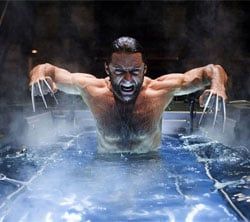
Apparently Mr. Neumaier has confused Wolverine with Frankenstein. He’s not in the clutches of a mad scientist, but a government agent. What’s more, the design of the lab is pretty much out of director Gavin Hood’s hands. This set was first introduced in the second X-Men movie and Hood really had no choice but to use it. Besides, is it really supposed to be scary? The focus of the scene is Wolverine’s mental state, his desperation and agony. I suppose they could have filled the room with bunches of lightning rods but I suspect that if they’d done what you ask, then you’d have resorted to calling it cheesy. As for the missing in action political overtones, hasn’t that already been covered pretty well in the X-Men movies? Different films. X-Men covered a broader spectrum of characters and ideas. This movie, as the title suggests, is about one man. It’s about Wolverine, not the geopolitical structure of the world around him. Just because something was done in another movie does not mean it must be done in this movie. You might as well lambaste Iron Man for failing to do the same. But you didn’t. Because that was a different movie. Hey, so is this one.
Wolverine is far from the year’s best film. It’s not even the year’s best superhero movie, Watchmen is better. Yet it’s not the abortion it’s being portrayed as either. It’s an unabashedly entertaining summer blockbuster with solid acting, interesting characters, big action, and even a little bit of Shakespearan-styled drama thrown in for good measure. That's not to say it's without problems. Some of the ancillary characters for instance, Deadpool in particular, are woefully misused. Still, if you're interested in this world, then you're probably better off ignoring the critics. Hugh Jackman deserves your dollar.


